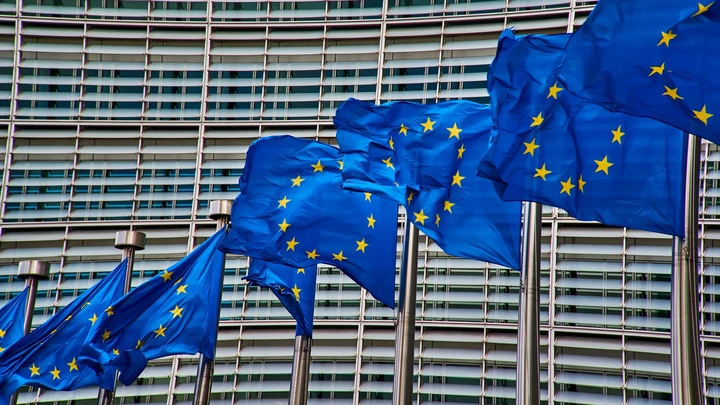EU, is poised to prevent major U.S. technology companies, including Apple, Google, Amazon, and Meta, from accessing its emerging shared financial data system, according to sources cited by the Financial Times. The move comes as the European Union finalizes the Financial Data Access (FiDA) regulation, which aims to give consumers greater control over how their financial information is used.
FiDA would allow individuals to authorize third-party providers to view data held by banks and insurers. The system is designed to encourage innovation, enabling new digital services such as budgeting tools, personalized financial advice, and other consumer-facing applications. Supporters argue it could reshape Europe’s financial technology landscape by putting customers at the center of data-driven services.
However, European banks have strongly opposed granting U.S. tech giants access. Officials warn that global platforms could exploit sensitive information to develop products that compete directly with traditional banking services, potentially eroding the relationship between banks and their customers. Germany has been particularly vocal, advocating for a complete ban on American companies in the system.
A position paper circulated among EU capitals argued that restricting U.S. tech involvement would bolster Europe’s digital finance sector, foster fair competition, and protect consumer sovereignty. Both the European Parliament and the European Commission have reportedly supported these limits, reflecting broader political support for keeping non-European firms at arm’s length.
Read Also: UK Travelers Will Face Stricter EU Border Laws From October
Industry representatives, however, contend that excluding major tech companies could disadvantage consumers. Daniel Friedlaender, head of the Computer & Communications Industry Association Europe, told the Financial Times that FiDA’s original goal was to empower individuals with control over their own data and access to more innovative services. He warned that sidelining U.S. companies could entrench incumbent banks and limit consumer choice.
The proposed restrictions have also drawn attention in the United States. Former President Donald Trump, a vocal critic of European digital regulations, has suggested he could impose tariffs on countries perceived to be acting against American corporate interests.
Negotiations on FiDA’s final text are expected to conclude later in 2025, marking a potential turning point in Europe’s approach to data governance and the balance of power between domestic and international technology firms.










